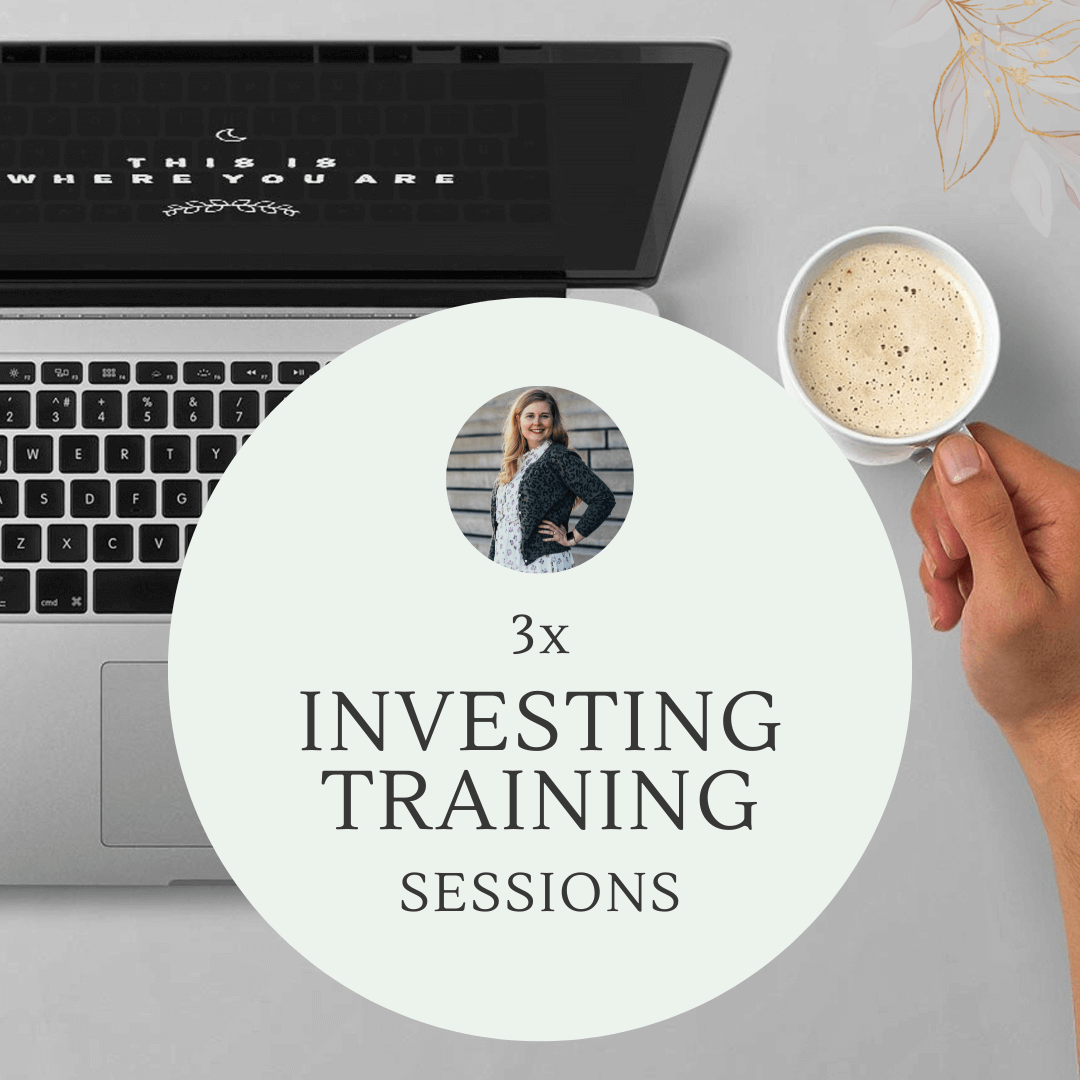“Nestle is buying back their shares, but is that a good thing or a bad thing?” Great question that I will dive deeper into in this article. I won’t delve deeper into the specifics about Nestle as a company, but I will share my view on share buybacks. A view I’ve adopted from Warren Buffett and investors like him.
A company can use their excess cash to buy back their shares, invest in growth initiatives, or pay shareholders a dividend (cash money that shareholders receive).
Imagine a pizza with 8 slices, where each slice represents a share of the company. A typical company is divided into thousands or millions of shares, but for simplicity, let’s say this company has only 8. Management decides to buy back half of the of the company’s shares. The pizza still has the same volume, but now each slice is larger.
Before the shares were bought back, your piece of the pizza was smaller. Hooray, now your slice of the pizza pie is bigger!
Usually, share buybacks are a good thing, but there are cases where caution is needed.
When Share Buybacks are a Bad Thing:
- Stock Price Manipulation: Management manipulates the stock price by buying back shares. Some individual stock traders might see the price rising and jump on the bandwagon, hoping the stock price will continue to increase. In this example, management artificially boosts the stock’s momentum, attracting new shareholders. For management, for the company and for these new shareholders this is like peeing your pants to get warm; you’ll be warm for a short time, only to get cold again. Because if the momentum doesn’t continue the short-term traders are out.
- Overpaying for Shares: Management may buy back stocks without considering the company’s actual “value”. Every company can be valued based on assets like machines, buildings, and inventory. Management should know this value, and they can easily calculate how much each stock should cost. Because stocks are little pieces of the company. Management should be careful not to pay more for shares than they are worth, and overpaying is not good for shareholders. Overpaying wastes cash that could have been used to grow the company or pay dividends.
In rare cases the management can validate this behavior– when the company has incredibly excessive cash reserves (like for example Apple). This is described in detail in the next section. - Debt Financing: It’s not a good idea for a company to borrow money to buy back shares. Buyback programs have become popular for many companies, and when a company publishes that they will buy back stocks, this might attract new investors. But funding buy backs with debt is poor use of resources.

When Share Buybacks are a Good Thing:
As mentioned, buying back shares is usually a great idea. Buffett-style investors particularly like it when management buys back shares at a price close to or even lower than the company’s actual value. This is a win-win situation as the company gets a good deal, and shareholders own a bigger slice of the pie.
In some cases, a company may have excess cash after investing in growth initiatives and other important expenses. Management has extra cash on their hand – what should they do with that cash?
In this case the company stocks are way more expensive than the value of the company (read section 2: Overpaying for Shares for context). What would we as Buffett style investors prefer now? If the stock price is significantly higher than the company’s actual value, what should management do with the leftover cash?
Because in this case the management must choose how to use the excess cash: do management want to pay out a dividend or buy back shares or invest in other things? The board look at the different recommendations from management and might decide on share buy backs. In such scenarios, we prefer that management uses the excess cash wisely, even if it means overpaying for shares, rather than wasting money on non-essential items like a new company yacht. In this case we prefer that management overpay for the stock in order to allocate the capital in a good way.
If you’ve enjoyed this deep dive into share buybacks and you’re hungry to take your investing skills to the next level, I’ve got you covered. Book a free consultation with me today to learn more about the mentorship programs I offer.




0 Comments